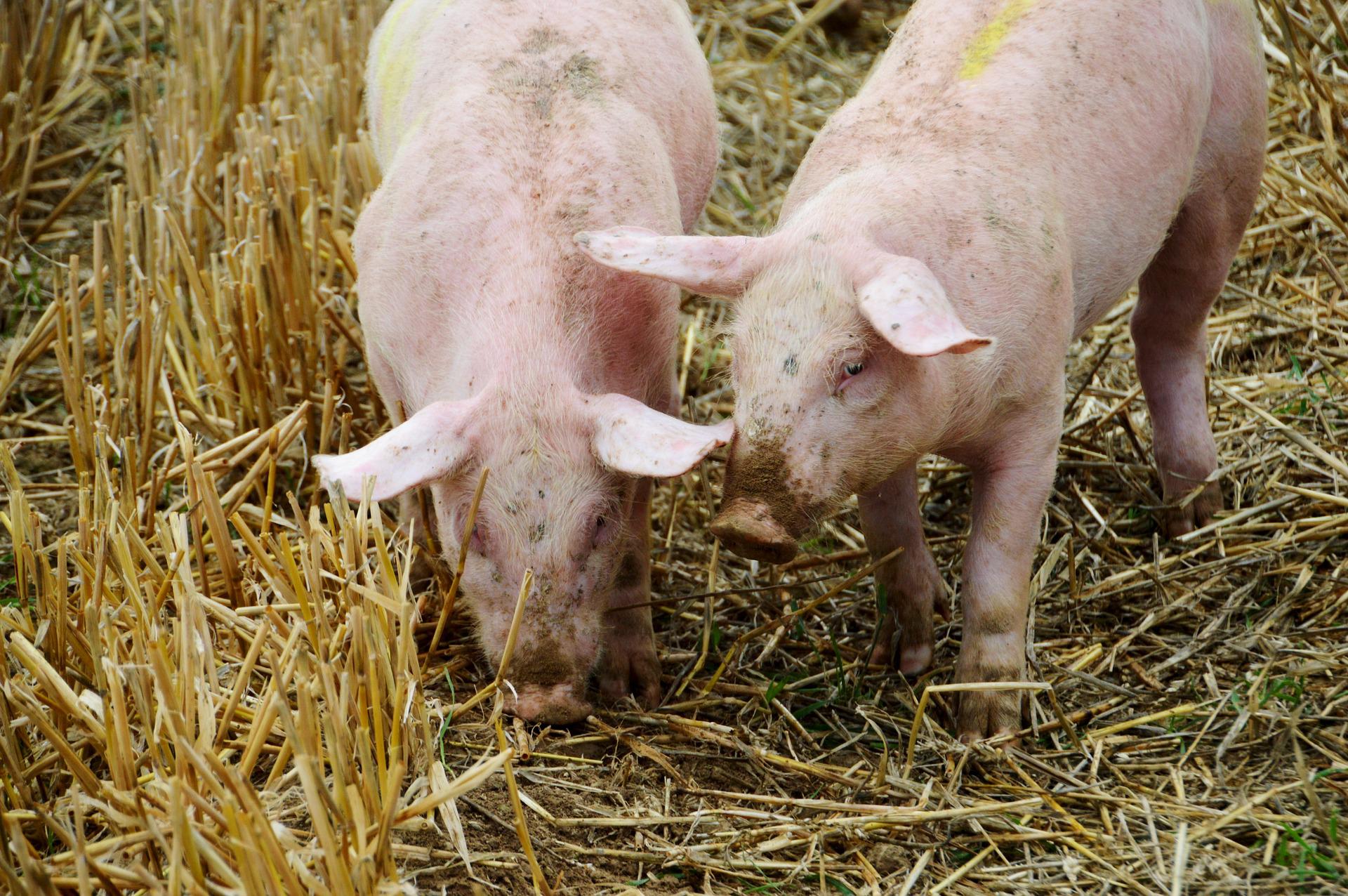Kerala on Friday, 22 July, reported the case of African Swine Fever at two farms at Mananthavady in the Wayanad district.
Published Jul 22, 2022 | 5:58 PM ⚊ Updated Jul 28, 2022 | 3:45 PM

African Swine Fever. (Creative Common)
Kerala on Friday, 22 July, decided to cull 300 pigs are cases of African Swine Fever were reported.
The cases were reported from two farms at Mananthavady in the Wayanad district.
The disease was confirmed among pigs of the two farms after their samples were tested at the National Institute of High Security Animal Diseases in Bhopal.
The samples were sent for testing after pigs at one of the farms died en masse.
Directions have been issued to cull 300 pigs at the second farm.
African Swine Fever (ASF) is a highly contagious viral disease among domestic and wild pigs.
Its mortality rate can reach 100 percent.
The infection was first detected in Africa in 1920,
It is not a danger to human health, but it has devastating effects on pig populations and the farming economy.
The virus is highly resistant in the natural environment, meaning that it can survive on clothes, boots, wheels, and other materials.
It can also survive in various pork products, such as ham, sausages, or bacon.
As a precaution against it, experts suggest intensive cleaning, disinfection, and sanitisation work on the farm that has reported ASF cases.
Cases of ASF have been reported in the following states in India:
Healthy pigs usually become infected through:
Pigs that contract ASF have been known to exhibit some or all of the following symptoms:
There is currently no effective vaccine against ASF.
The only solution is to depopulate by culling the affected or exposed swine herds.
The disease is a great cause of concern for biodiversity and the balance of ecosystems.
This is because it affects not only domestic farmed pigs but also wild boars, including native breeds.
